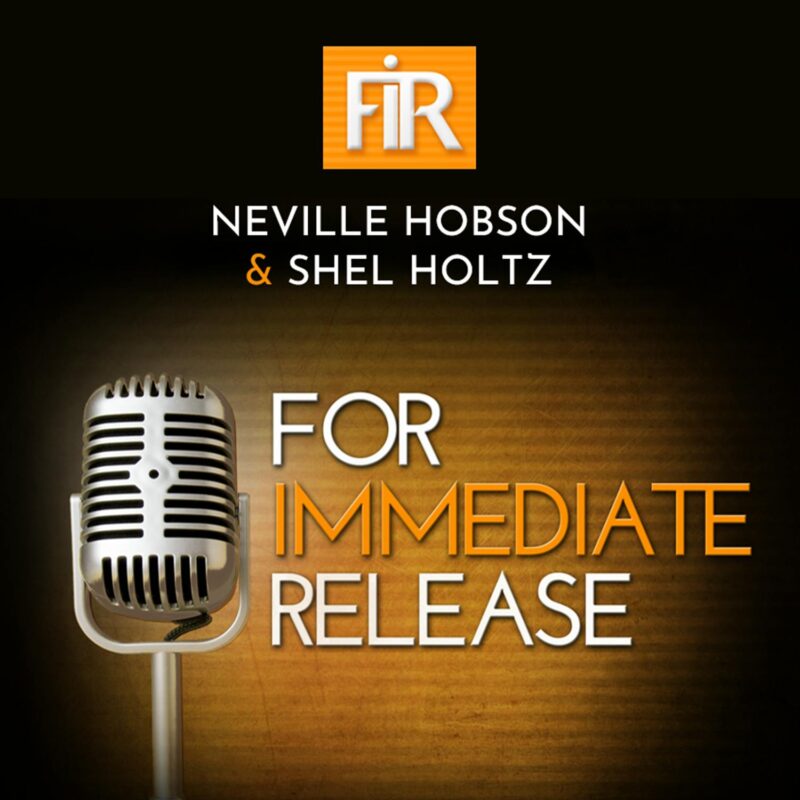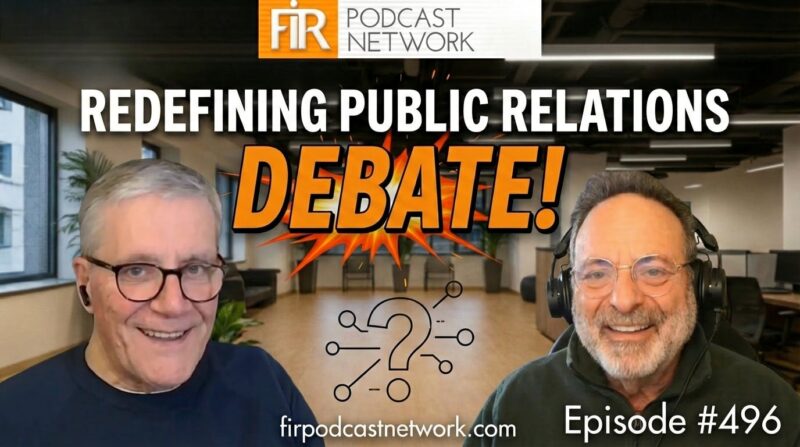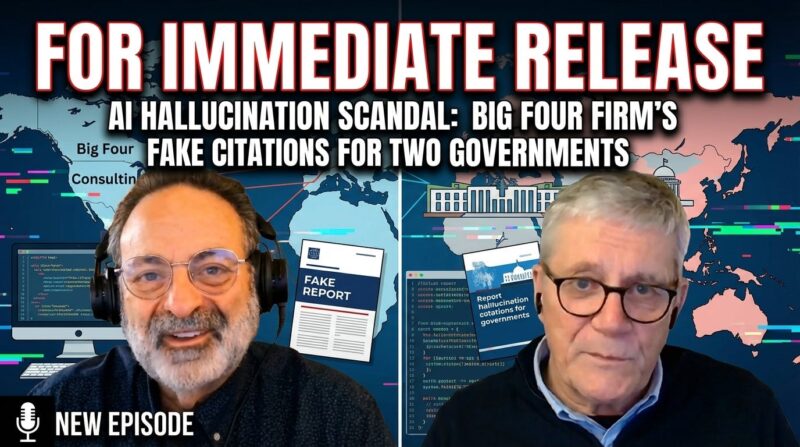FIR #501: AI and the Rise of the $400K Storyteller
AI isn’t replacing communicators — it’s amplifying the value of communication, especially storytelling and strategic writing. In this short, midweek FIR episode, Neville and Shel explore how the hottest jobs in tech are increasingly about telling stories, not writing code, with Netflix, Microsoft, Adobe, Anthropic, and OpenAI all hiring communications and storytelling teams at salaries…
Read More







